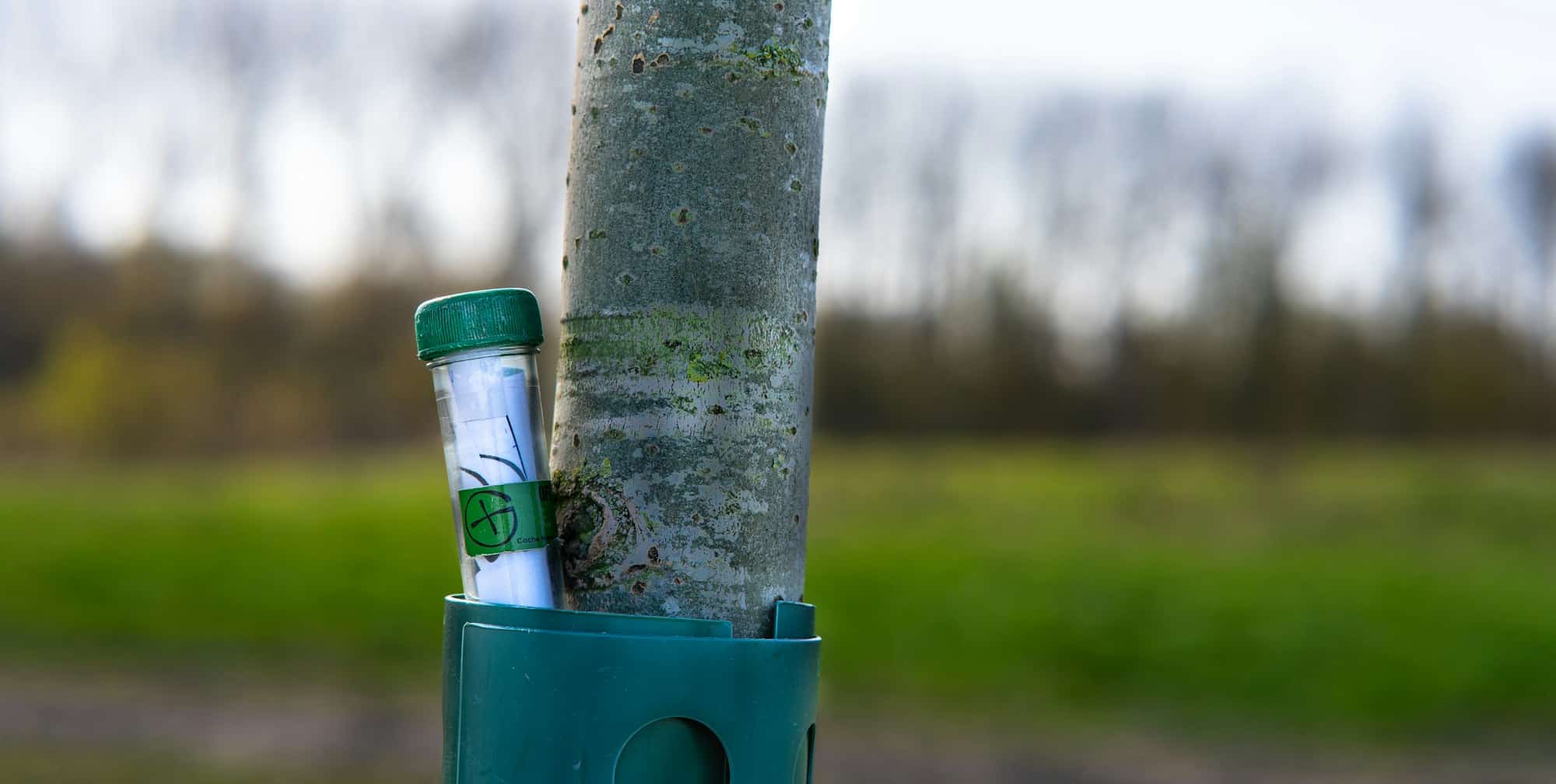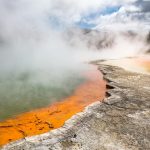Geocaching has risen to popularity over the years as a fun and adventurous way to explore the world. This unique treasure-hunting game, often played using GPS-enabled devices, takes participants to parks, urban areas, and even wild forests. Today, we’ll explore the resources available for those interested in geocaching along the stunning coastlines of the United Kingdom.
Geocaching Basics
Geocaching is a real-world, outdoor treasure hunting game using GPS-enabled devices. It’s a game where you are the adventurer, the explorer, and the detective. The aim is to locate hidden containers, known as geocaches, using a smartphone or GPS and then share your experiences online.
A voir aussi : Which UK cruises provide the most engaging pottery-making workshops?
Geocaching came into existence in the year 2000, and since then it has swept across the globe. Today, there are millions of geocaches hidden in over 190 countries, making this adventurous game a worldwide phenomenon.
Understanding the basics of geocaching will help you make the most of the onboard resources available for this activity. The key terms you need to familiarize yourself with include geocache, which refers to the hidden container, and caches, which is another term used for the hidden treasures.
A lire en complément : How to choose a UK cruise that visits the most iconic lighthouses?
Available Onboard Resources for Geocaching
Most cruise liners, ferries, and other sea-based travel networks operating in the UK provide a variety of resources for those interested in geocaching. From interactive maps to specialized geocaching apps, these resources will help you find geocaches in various coastal stops effortlessly.
Many travel networks also give their guests access to onboard Wi-Fi. This is a crucial resource for geocaching as it lets you view the geocaching map, update your finds, and stay connected with the global geocaching community.
To find a geocache, you’ll need the cache’s coordinates. These coordinates are usually provided by the original cache owner and can be found on various geocaching platforms. Once you have the coordinates, you can plug them into your GPS device or smartphone to find the exact location of the cache.
Geocaching Along UK Coastal Stops
The UK is home to some of the most beautiful parks and coastal areas in the world, making it a paradise for geocachers. From the breathtaking cliffs of Dover to the serene beaches of Cornwall, these coastal stops are dotted with countless caches waiting to be discovered.
Many of these caches are hidden in parks and coastal areas that are accessible 365 days a year. This means you can indulge in geocaching whether you’re visiting in the peak of summer or the depths of winter.
Geocaching in these areas is not just about finding the cache; it’s also about soaking in the beauty of the surroundings. You might find yourself exploring a historic site, discovering a rare species of bird, or marveling at a stunning sunset view that you might not have found otherwise.
Tips for Successful Geocaching
To embark on your geocaching adventure, you need more than just the coordinates. Here are some tips to make your geocaching experience successful and enjoyable.
To start with, always carry a pen or pencil. You’ll need this to sign the logbook that’s usually found inside the geocache. It’s also a good idea to have a small notebook to jot down clues, notes, or interesting things you come across during your search.
Remember, geocaching is about respect for the environment. Always leave the area as you found it, if not better. After finding a cache, ensure you put it back exactly as you found it. This ensures that other geocachers get to enjoy the same thrill of discovery that you did.
Lastly, be patient. Some caches are easier to find than others. But don’t give up. The thrill of finally finding that elusive cache after a day of hunting is an experience like no other. Happy geocaching!
Using Social Media and websites for Geocaching
Geocaching has truly become a global community, thanks to the power of the internet and social media platforms like Twitter and Facebook. These platforms offer a wealth of resources and tools to enhance your geocaching experience.
You can find numerous geocaching groups and pages on Facebook, where fellow geocachers share their experiences, tips, and even coordinates of interesting caches. Sharing on Twitter or Facebook can add an extra layer of excitement to your geocaching adventure as you can interact with other enthusiasts, exchange experiences, and even plan group outings.
There are also dedicated geocaching websites that host a great deal of information about caches hidden around the world. These sites also allow you to log and share your discoveries, and earn badges for achievements. Some even offer the option of a virtual cache for those unable to physically access certain locations.
If you’re geocaching in a state park or national park, their official web pages often have information about geocaching rules and locations. With the rise of mobile devices, most of these resources are now at your fingertips. Remember, always respect park rules and guidelines when geocaching.
Moreover, during the COVID pandemic, virtual geocaching has seen a surge in popularity. It allows you to explore locations virtually, making it a safe and convenient recreational activity.
Geocaching and Camping
For those who enjoy an extended adventure, pairing geocaching with camping can be a fantastic experience. Many coastal stops along the UK have camping facilities, including dispersed camping areas and parks with parking lots for truck campers.
Camping allows you to immerse yourself in the surroundings and take your time to explore, making it easier to find caches that are off the beaten path. Imagine the thrill of finding a hidden cache under the soft glow of LED lights during an evening hike!
Many of the UK’s coastal stops and state parks have well-marked hiking trails that lead to beautiful scenic spots and often, hidden caches. Geocaching while camping is an enjoyable way to explore these trails.
Remember to carry a wide variety of essentials apart from your geocaching gear. A camping trip with a geocaching adventure thrown in is a perfect getaway any time of the year.
Conclusion
Geocaching is a wonderful blend of technology, adventure, and nature. It can be a solo endeavor or a shared experience with friends and family. It’s more than a treasure hunt—it’s a way to discover new places, learn history, and connect with a vibrant global community.
Whether you’re onboard a cruise liner, exploring the stunning cliffs of Dover, or camping in a serene park in Cornwall, geocaching promises a unique and rewarding experience. So, equip yourself with a GPS device or smartphone, join the geocaching community on platforms like Twitter and Facebook, and let the coastal treasure hunt begin!










